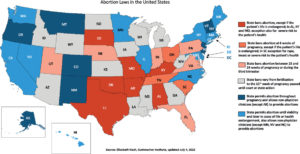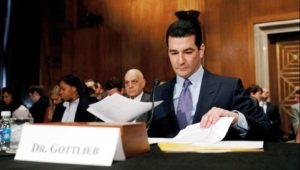 Volume 405, Issue 10480
Volume 405, Issue 10480
1 March 2025
WORLD REPORT To earn enough Senate votes for confirmation as Secretary of the US Department of Health and Human Services (HHS), Robert F Kennedy Jr made some surprising promises for someone aspiring to become the nation’s top health official. He had to reassure a few sceptical Republican senators that he would not overturn years of accepted public health policies, medical practice, and scientific consensus. And yet, in just the short time since assuming his new post on Feb 13, Kennedy’s actions—and inaction—appear to undermine those commitments as thousands of HHS employees are laid off under President Donald Trump’s executive orders shrinking the size and cost of government. [Continued here.]
…






 president of the United States on January 20, 2018, the federal government ground to a shutdown and hundreds of thousands of women and their supporters rallied against the new president in dozens of cities across the country.
president of the United States on January 20, 2018, the federal government ground to a shutdown and hundreds of thousands of women and their supporters rallied against the new president in dozens of cities across the country.